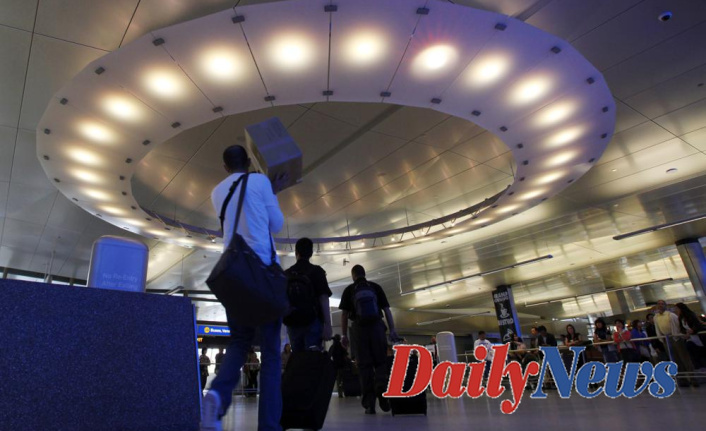In Los Angeles, the Department of Homeland Security officials were sued by three men from Arizona, Texas, and Minnesota. Because some of the questioning occurred at Los Angeles International Airport, the lawsuit was filed in California.
The lawsuit claimed that U.S. Border Officers at international airports and land crossings asked the men questions about their religion and whether or not they had been to a mosque.
American Civil Liberties Union represented the men and said that the questioning violated their constitutional rights to freedom from religion and protection against unjust treatment.
The lawsuit stated that "just as border agents may not ask Christian Americans what their denomination is, which church they attend and how often they pray, so is singling out Muslim Americans to answer similar questions."
It asks for a judge's declaration that religious questioning is unconstitutional, and for U.S. government agencies ordered to erase records containing information obtained by the questioning of the males.
A Department of Homeland Security email asking for comment on the lawsuit was not returned immediately.
Abdirahman Kariye was an imam at a Bloomington, Minnesota mosque. According to the lawsuit, he was questioned about his faith at least five times while he was returning home from abroad between 2017 and 2022.
Kariye was stressed by the constant questioning and decided to remove his kufi (a Muslim cap) and stop carrying religious texts internationally in order to avoid further scrutiny.
Hameem Shah (a Plano resident) claimed he was returning from vacation in Serbia and Bosnia in 2019. He was stopped at Los Angeles Airport for further screening.
He was separated from his fellow travelers by officers who began reading his journal despite his protests. They also asked him if he had ever traveled to the Middle East.
The lawsuit stated that they also asked him questions about his religious beliefs and practices, and searched his phone in spite of his objections. He was released two hours later.
Shah stated that he believed that being American meant that he and others could practice any religion they choose. He also said that the airport experience that he had was still a haunting memory.












